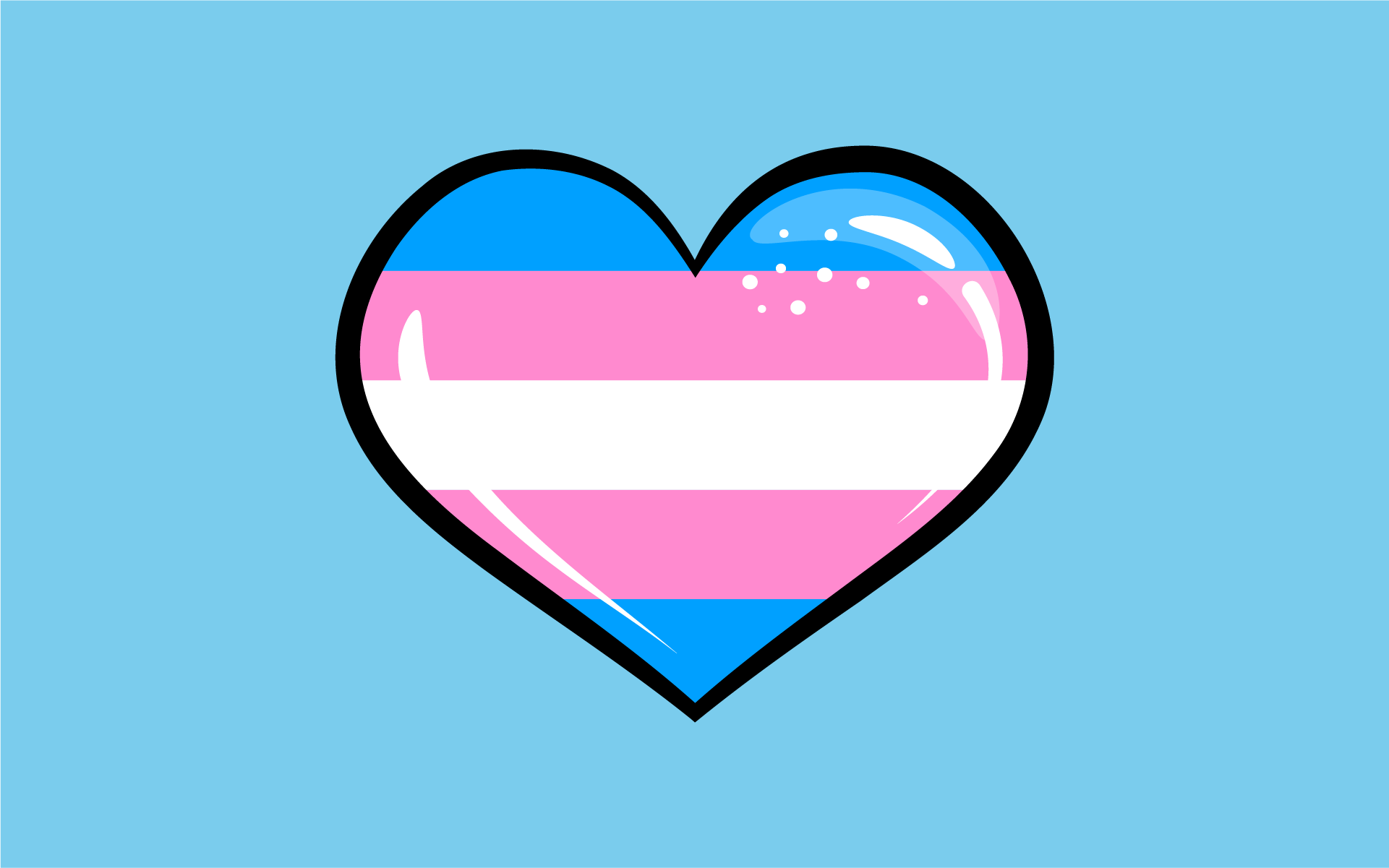When your child tells you they’re transgender, it can come as a shock.
When it’s the daughter you’ve known for almost half a century, who has children of her own, shock hardly begins to cover it.
How can this be true? Wouldn’t you have known?
You know how cruel the world can be and you want to protect her by listing all the reasons why this is a bad idea.
You might even ignore the news, continuing to call her by the name you carefully chose for her at birth.
These were all reactions I experienced when I told my mother in late 2019 that I felt my gender had been assigned incorrectly at birth.
I realised at 48 that I wasn’t a woman and I’d never felt like a girl either – not when I attended an all-girls high school, nor even while birthing and breastfeeding my two children.
Of course she didn’t know, I explained. How could she when I didn’t have words for the way I felt?
I’d grown up in 1970s suburban England, long before the media talked about people like me.
This new disconnect between us was exaggerated by distance. I had left her behind in England, my birth country, when I emigrated with my toddlers and then-husband to South Africa in 2004.
We couldn’t pop in for tea and weekly family dinners; instead we had weekly voice calls and she visited us for about a month every year.
When Covid hit just months after she had visited, I had just started taking testosterone. She was still grappling with the idea of my transition when my voice broke.
We both dislike cameras so we continued voice calls while my appearance changed more every month. She could hear I had the same voice, only lower, but I probably sounded much the same as when I had flu.
She saw photos of me on Facebook but the changes were gradual and might have seemed superficial – just her daughter wearing men’s clothing.
What she didn’t have was a sense of who this “new” person was; to her, I still sounded and looked much the same and therefore the transition wasn’t real for her. And yet the daughter she knew couldn’t possibly be a man!
By the time flights were allowed for family visits, my mother couldn’t fly due to her health, so I flew to her in 2022.
I had a receding hairline and a beard, I’d undergone surgery to remove my breasts, my hips had become a beer-belly and I had moved from the alto section of my choir to the basses, now wearing a suit and bow-tie for performances.
I looked and sounded more like my late father than my younger self.
That first visit was the hardest trip home I’d ever made. I was full of anxiety for months before flying.
Would she accept me? Would she put on a brave face but crumple when my back was turned? What would my aunts, uncles and cousins say? Would she die hating what I’d done to myself?
I remembered the words of my wise doctor, who’d told me that the parents of his transgender patients who struggled most at the beginning were often the most solid supporters of their child later on.
Their hesitancy meant that when they did accept their child, it was based on a firm, considered foundation.
He was right. She realised after that first visit from her new son that I was the same person, only more at peace. This is a happily ever after story.
I wish that were true for every transgender person.

Leave a Reply